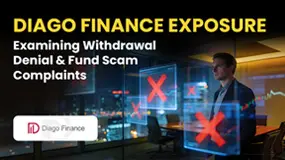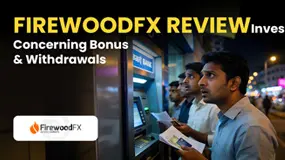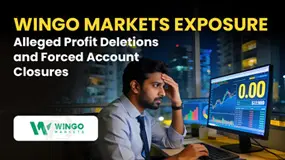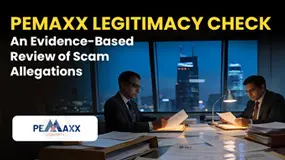Abstract:CFTC imposes $150,000 penalty on UK trader Adam Cobb-Webb for illegal spoofing in NYMEX WTI Futures contracts, highlighting commitment to market integrity.
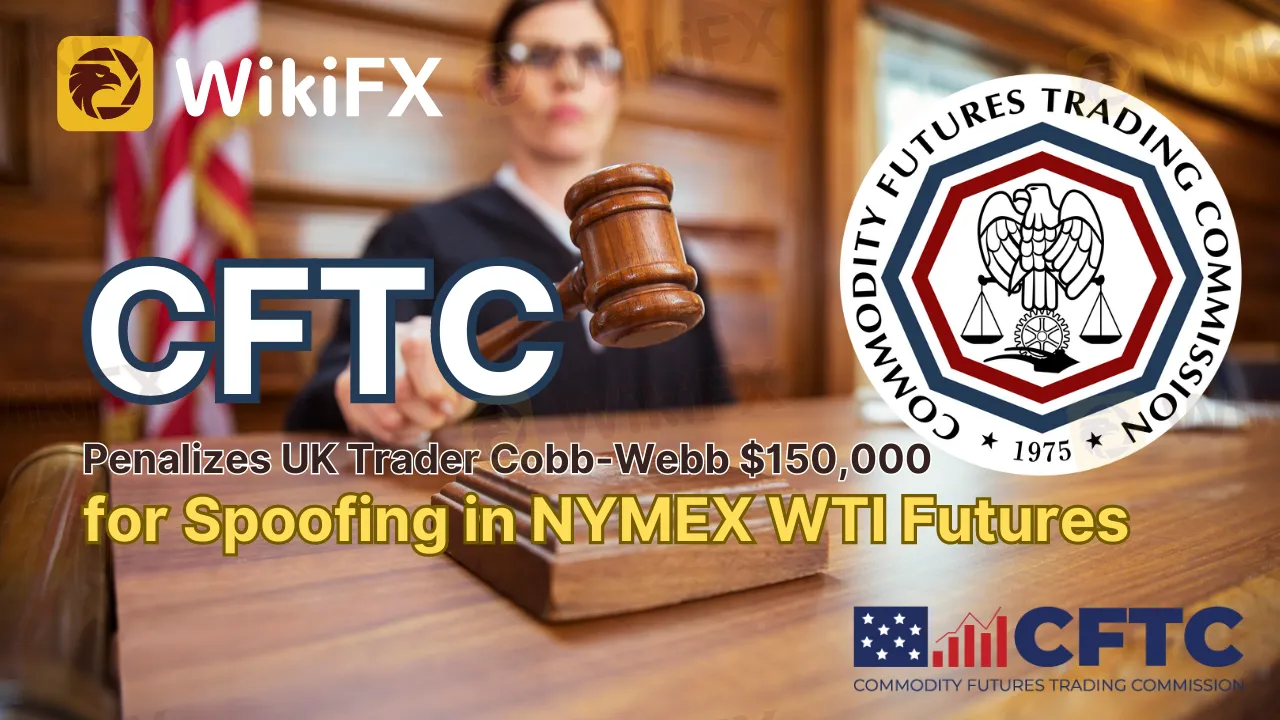
Today, the Commodity Futures Trading Commission (CFTC) made a significant move in ensuring the integrity of financial markets. The CFTC issued an order against UK-based trader, Adam Cobb-Webb, filing and settling charges for his involvement in several instances of spoofing in West Texas Intermediate (WTI) light sweet crude oil futures contracts. These contracts were traded on the New York Mercantile Exchange, Inc. (NYMEX) between approximately December 16, 2021, and January 14, 2022.
Spoofing, an illegal practice involving the placing and then canceling of orders with no intention of executing them, has been at the center of this case. According to the order, Cobb-Webb regularly employed a manipulative trading pattern that involved placing an iceberg order (an order whose total quantity is partially visible) on one side of the order book to be executed. At the same time, he would place a series of fully-visible orders (spoof orders) on the opposite side, at the initial price levels, with the sole intention of canceling them before execution.
After successfully executing the iceberg orders, Cobb-Webb would proceed to cancel the spoof orders. This pattern of trading occurred daily throughout the specified period. Notably, Cobb-Webb's spoof orders constituted a significant percentage of orders at the top price levels when placed. Furthermore, the quantity of these spoof orders was often several times larger than the visible quantity of his iceberg orders.

The order pointed out that Cobb-Webb entered the spoof orders intending to cancel them, with the goal of creating a misleading impression of buying or selling interest. This was done with the aim of inducing other market participants to cross the bid-ask spread and fill his iceberg orders. Cobb-Webb knew or recklessly disregarded the fact that these spoof orders would create a false image of market depth, thereby disseminating misleading information about supply and demand. This kind of misinformation can significantly influence market activity.
In the wake of these findings, the CFTC ordered Cobb-Webb to pay a hefty civil monetary penalty of $150,000. Additionally, the trader has been slapped with a one-year trading ban from all CFTC-designated exchanges, CFTC-registered entities, and all commodity interests. He is also required to desist from violating the spoofing prohibition outlined in the Commodity Exchange Act (CEA).
Ian McGinley, the Director of Enforcement at the CFTC, underscored the implications of this order. He noted, “This order is the latest in a long series of actions by the Commission to punish spoofing in the markets the Commission oversees. Spoofing is easier than ever for the Commission to identify and pursue. Our message to would-be spoofers is this: Dont.”
The CFTC extends its appreciation to the CME Group for its assistance in this case. It is worth noting that the staff of the Division of Enforcement who worked tirelessly on this action include Ashley J. Burden, Matthew Edelstein, Elizabeth N. Pendleton, Scott R. Williamson, and Robert T. Howell.
For those eager to stay informed on the latest market news and updates, it is recommended to download and install the WikiFX App on your smartphone. It provides real-time updates and valuable insights into the world of finance. Download the App here: https://www.wikifx.com/en/download.html.

In conclusion, this action taken by the CFTC serves as a stern warning to all market participants. The Commission remains dedicated to safeguarding the integrity of the financial markets and will not hesitate to enforce penalties on those found violating the rules. As such, all traders must adhere strictly to the rules to avoid facing similar repercussions.





